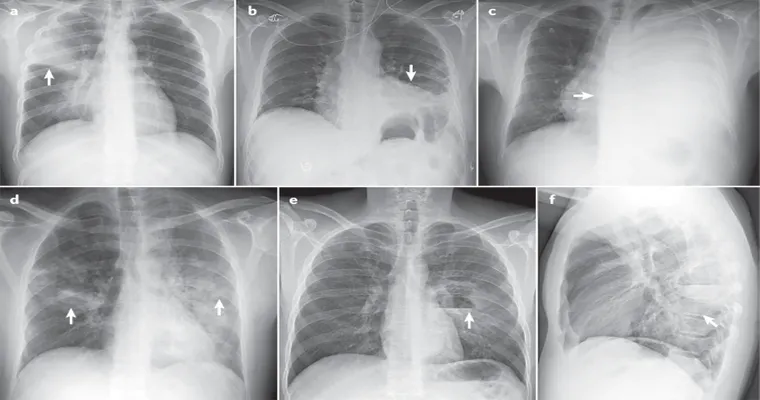Experiencing "guilt over the circumstances of a mother's death" can be an overwhelming and complex emotion. Many individuals find themselves grappling with feelings of remorse and self-blame after losing a parent, especially when specific events or decisions surrounding their death come into play. This article explores the multifaceted nature of this guilt, its psychological impacts, and ways to cope with these feelings.
When a mother passes away, it is natural to reflect on the moments leading up to her death. People often replay conversations in their minds, questioning whether they could have done something differently to prevent the loss. This internal dialogue can lead to intensified feelings of guilt, particularly if there were "unresolved issues" or if the death was unexpected. The "grieving process" is a personal journey, and the emotional weight of guilt can complicate that journey significantly.
For many, the circumstances of their mother's death can trigger a sense of "survivor's guilt". This feeling can arise if one believes they had a role in the events that led to the death, whether through actions, inactions, or choices made during her illness. Survivor's guilt often creates a cycle of negative thoughts, where individuals feel they do not deserve to grieve or feel happiness after the loss.
Another aspect to consider is the societal pressure surrounding grief. Many people feel compelled to present a strong front, leading to the "suppression of emotions". When guilt is added to this mix, it can create a toxic environment where one feels isolated in their feelings. This isolation can hinder the healing process, making it crucial to acknowledge and express these emotions in a healthy way.
Coping with guilt over a mother's death often involves several steps. Firstly, recognizing that these feelings are a common part of the grieving process can provide some comfort. It’s essential to allow oneself the space to feel and process these emotions without judgment. Seeking support from friends, family, or professional counselors can also be beneficial. Talking about these feelings can help alleviate the burden of guilt and promote healing.
Additionally, engaging in "memorial activities" can serve as a positive outlet. Creating a scrapbook, writing a letter to the deceased, or participating in charitable acts that honor the mother’s memory can transform feelings of guilt into acts of love and remembrance. These activities can help shift the focus from blame to celebration of the life lived.
In conclusion, navigating the "guilt over the circumstances of a mother's death" is a challenging but important part of the grieving process. Acknowledging these feelings, seeking support, and finding meaningful ways to remember the loved one can help individuals work through their guilt and find peace in their memories. Healing takes time, but with support and understanding, it is possible to move forward while still cherishing the love shared with a mother.





